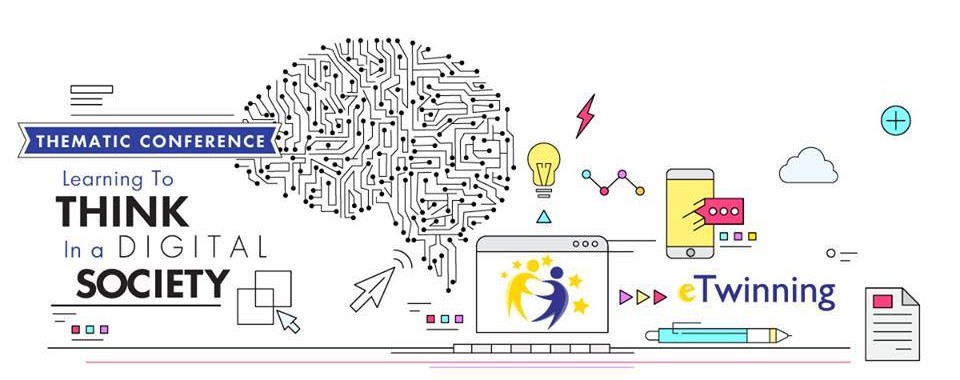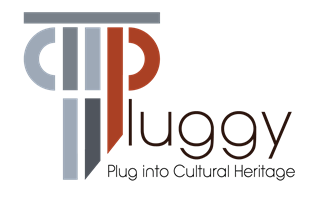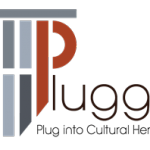 PLUGGY is calling for papers for the 1st International Workshop “Plug into Cultural Heritage”
PLUGGY is calling for papers for the 1st International Workshop “Plug into Cultural Heritage”
PLUGGY is organizing the Workshop “Plug into Cultural Heritage” as part of the 9th International Conference on Intelligent Technologies for Interactive Entertainment – INTETAIN 2017 that will be held in June 20–22, 2017 in Funchal, Madeira, Portugal.
About the workshop:
What is cultural heritage? How can society become more actively involved in cultural heritage activities, not only as an observer but also as a contributor to the definition of heritage? Cultural heritage is considered an important precondition for genuine sustainability. However, existing applications for heritage dissemination do not really create heritage communities. Adequate ICT tools are necessary to support citizens in their everyday activities in shaping cultural heritage and be shaped by it. Social platforms offer potential to build such networks, but can be further exploited for heritage promotion. Technology could help better in providing a seamless integration of cultural heritage in people’s everyday life.
The Workshop “Plug into Cultural Heritage” aims to bridge this gap by exploring on necessary tools and challenges to allow citizens to share and obtain local heritage knowledge.
We invite contributions relevant to cultural heritage (tangible, intangible and natural) such as literature studies, user studies, design concepts and position papers. Topics include but are not limited to:
- Technology design and evaluations incl. augmented and visual reality, collaborative games, locative multimedia and mobile HCI in general;
- Opportunities and challenges for community involvement incl. special interest groups such as the elderly and migrant communities;
- The role of current social media in cultural heritage awareness.
Important dates:
Paper Submission deadline: 14 April 2017
Notification: 5 May 2017
Camera-ready deadline: 22 May 2017
Start of Conference: 20 June 2017
End of Conference: 22 June 2017
For more information regarding the publications and the submissions, kindly download the official invitation, clicking here.
About the INTETAIN 2017:
The 9th International Conference on Intelligent Technologies for Interactive Entertainment (INTETAIN 2017) celebrates the future of Interactive Entertainment by inviting researchers to submit contributions around developments and insights in art, design, science, and engineering regarding novel entertainment-focused devices, paradigms, reconceptualisations, and reconfigurations of entertainment experiences.
You might take a closer look at: http://www.intetain.org/2017/show/home
![]() Computer programming is a fascinating area, but at the same time, complex. In the teaching-learning process, teachers face many difficulties to find techniques and methodologies to facilitate the learning of programming languages and to foster problem-solving skills. At the same time, students find it difficult to understand the subjects and do not feel motivated to continue pursuing their studies and get good grades.
Computer programming is a fascinating area, but at the same time, complex. In the teaching-learning process, teachers face many difficulties to find techniques and methodologies to facilitate the learning of programming languages and to foster problem-solving skills. At the same time, students find it difficult to understand the subjects and do not feel motivated to continue pursuing their studies and get good grades.
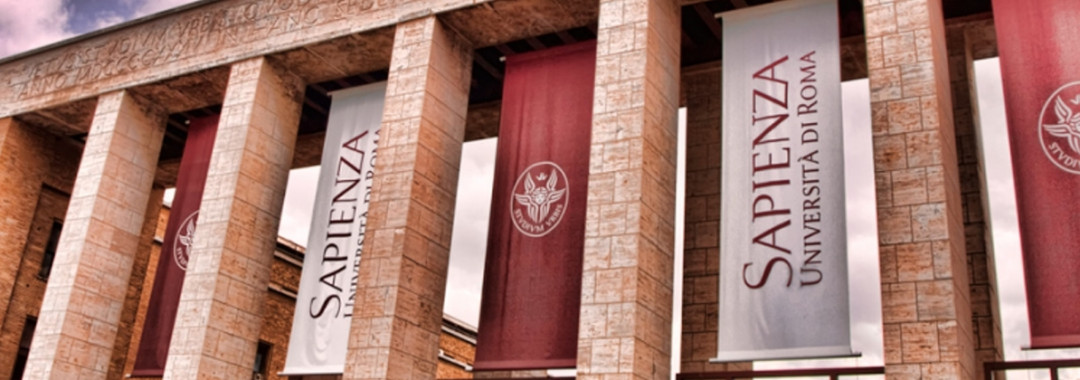

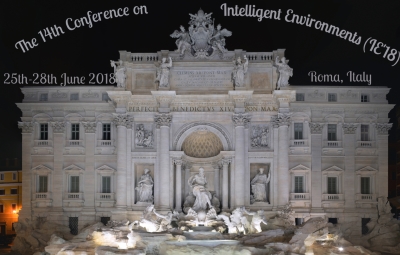
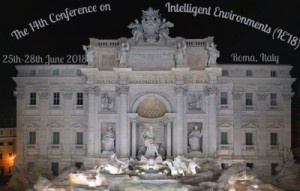 both. IEs have the ultimate objective of enriching user experience, better manage, and increase user awareness of, that environment. The 14th International Conference on Intelligent Environments (IE’18) will be held at Rome, the eternal city, beautiful capital of Italy.
both. IEs have the ultimate objective of enriching user experience, better manage, and increase user awareness of, that environment. The 14th International Conference on Intelligent Environments (IE’18) will be held at Rome, the eternal city, beautiful capital of Italy.